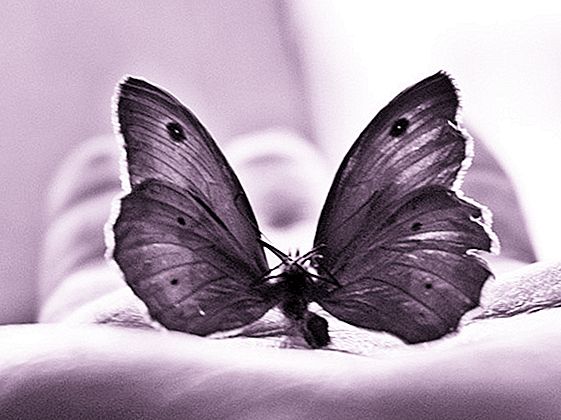Deja vu is such a mental state in which a person thinks that he was already in a similar situation. But this feeling is not connected with any particular moment of the past. We will understand what this phenomenon is and why the deja vu effect arises.

What is deja vu
The state of deja vu is somewhat similar to re-reading a book already read once or to watching a movie that you already watched, but completely forgot the plot. It is impossible to remember what will happen the next minute.
Deja vu is quite common. Studies have shown that 97% of all healthy people have experienced this condition at least once in their lives. Patients with epilepsy experience it much more often. It can not be called artificially, but in itself it appears extremely rarely. Therefore, scientific studies of the deja vu effect are very difficult to carry out.
Reasons for deja vu
A possible cause of the phenomenon lies in a change in the way the brain encodes time. It is easier to imagine a process as a one-time encoding of information as the "past" and "present" while experiencing these processes. Because of this, a separation from reality can be felt.
There is a work on this subject called "The phenomenon of deja vu", its author is Andrei Kurgan. Studies of the structure of time in a state of deja vu lead the scientist to the conclusion that the reason for experiencing the phenomenon is the layering of two situations on top of each other: experienced in the present and once experienced in a dream. The layering condition is a change in the structure of time when the future invades the present, exposing its existential deep project. At the same time, the present, as it were, is “stretched”, fitting in itself both the future and the past.
